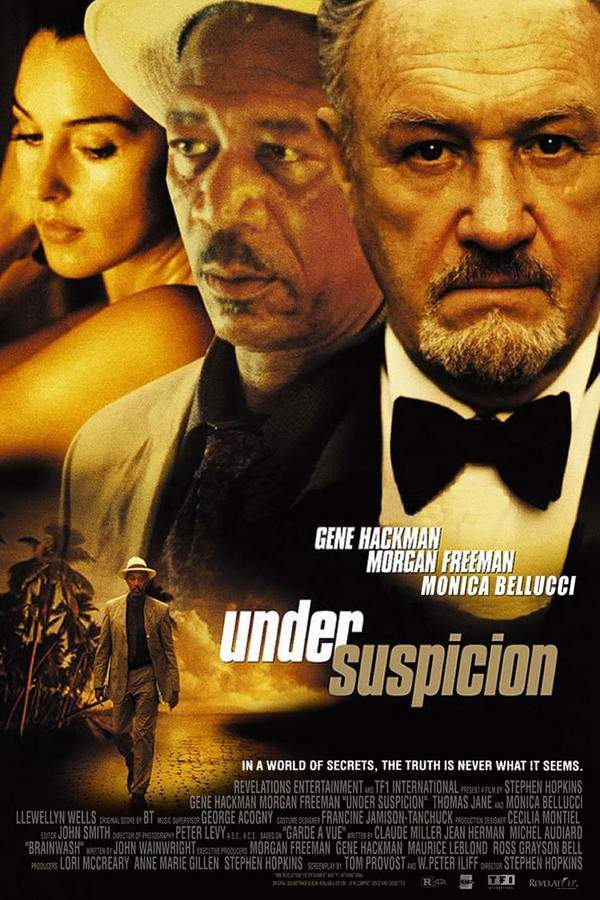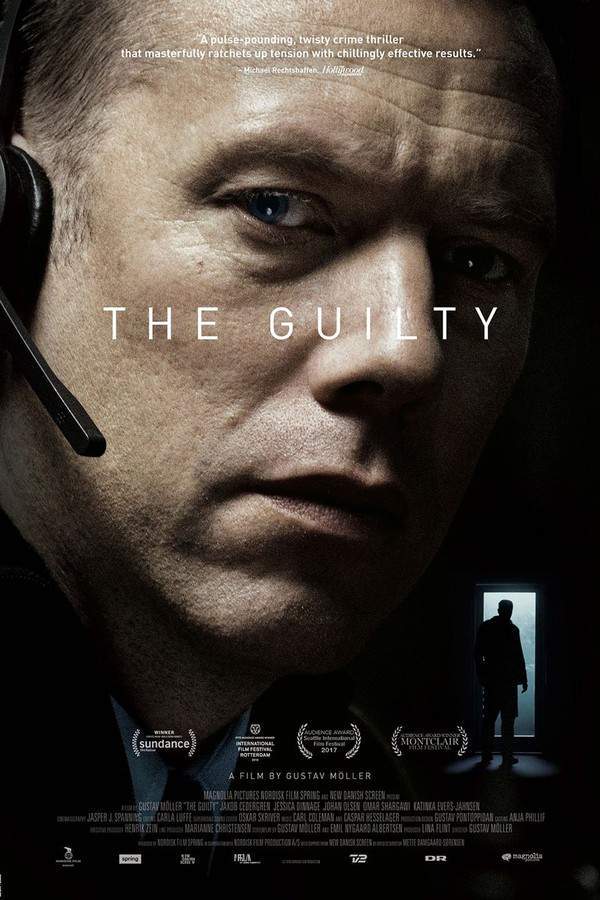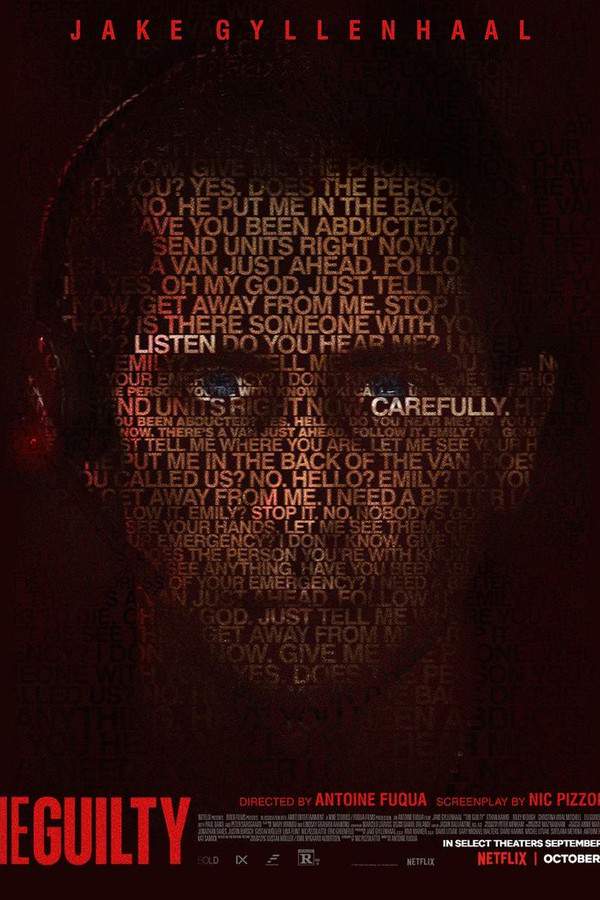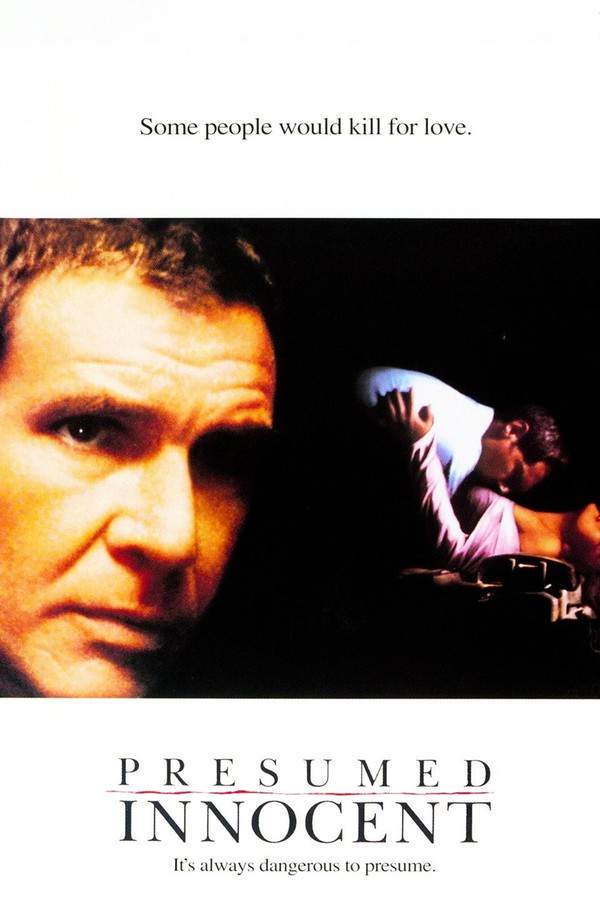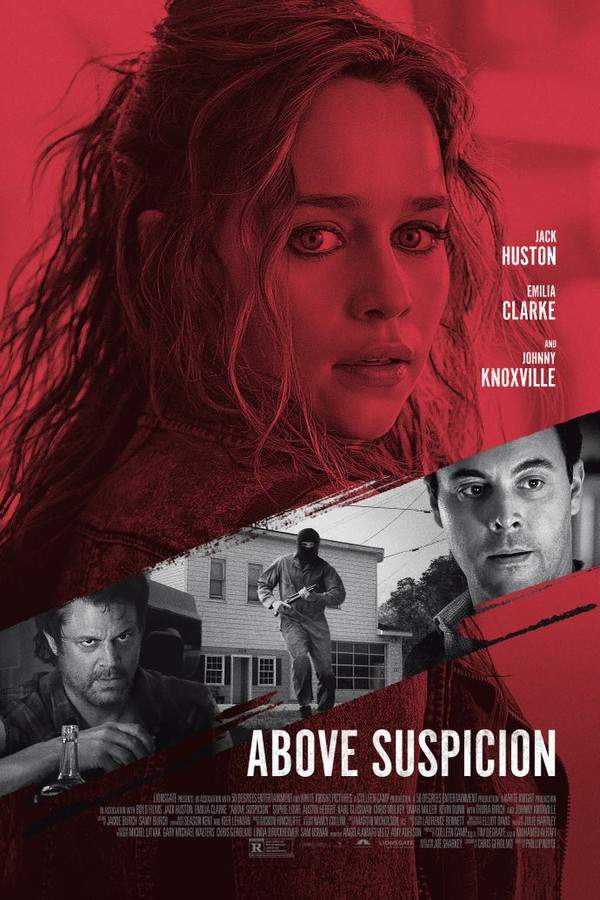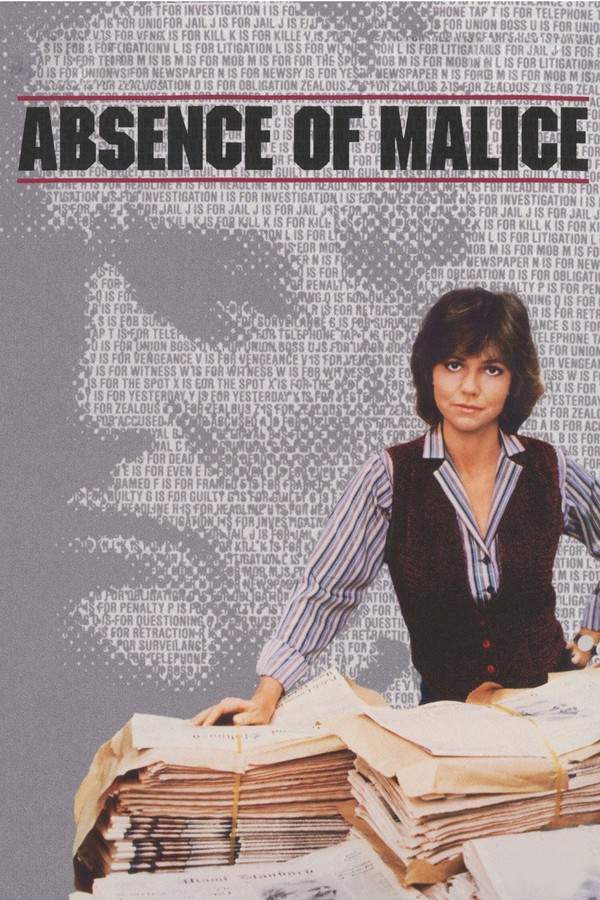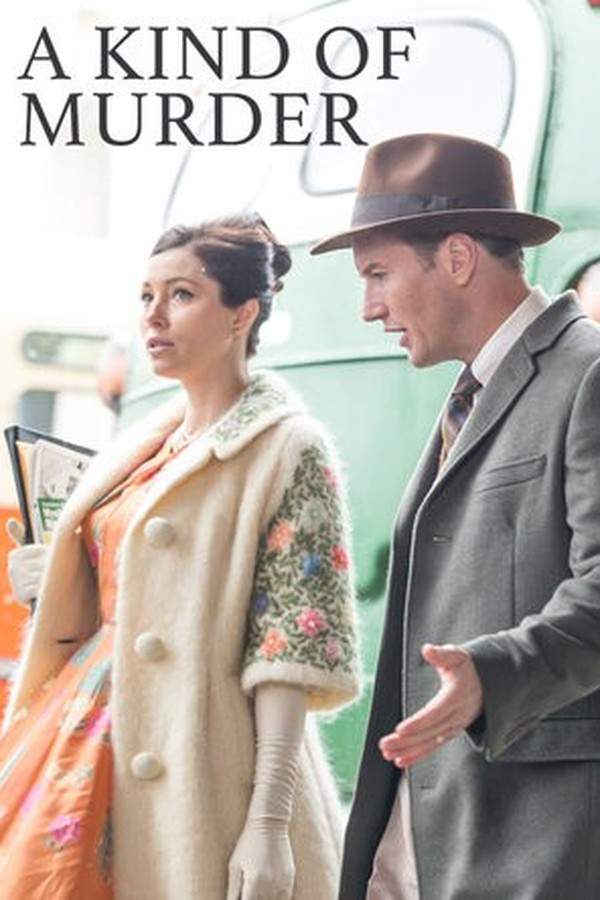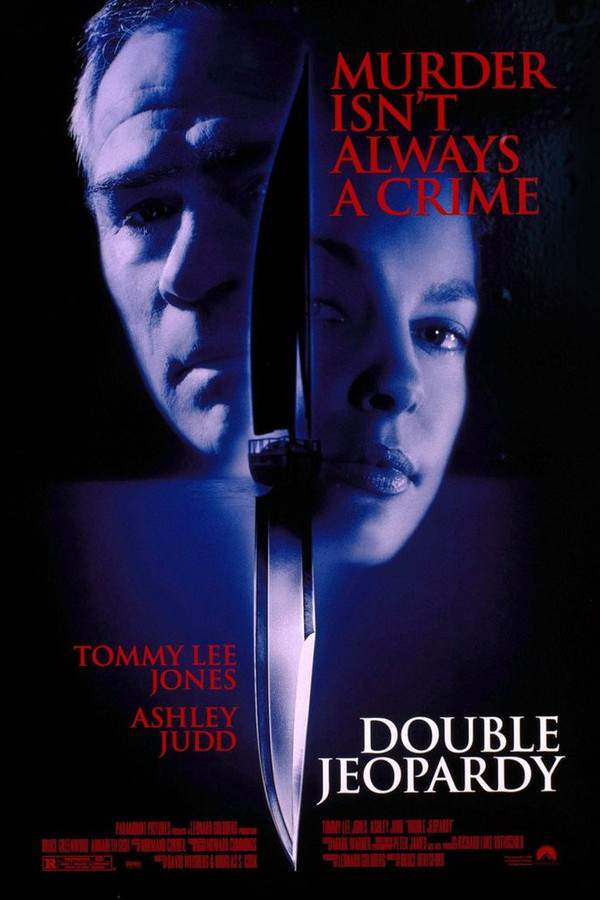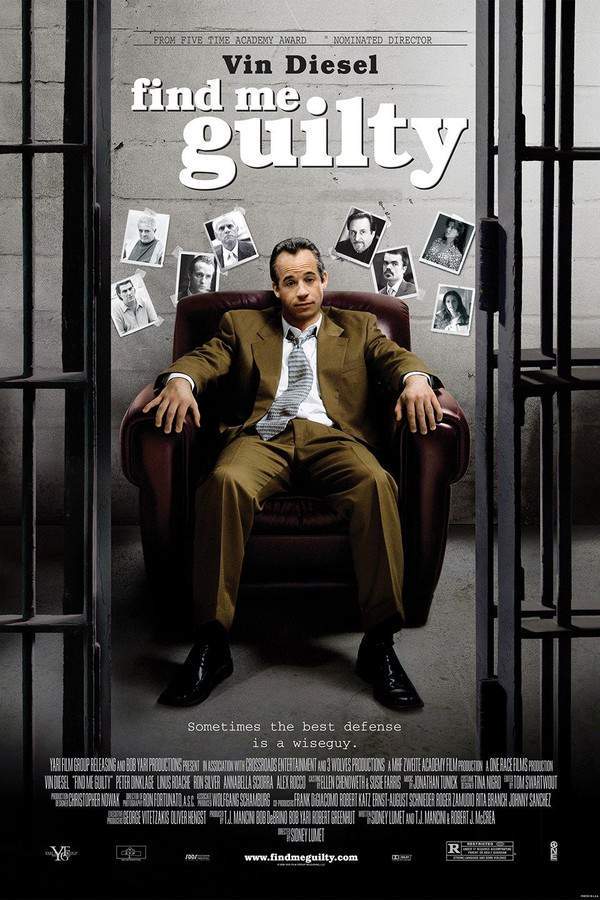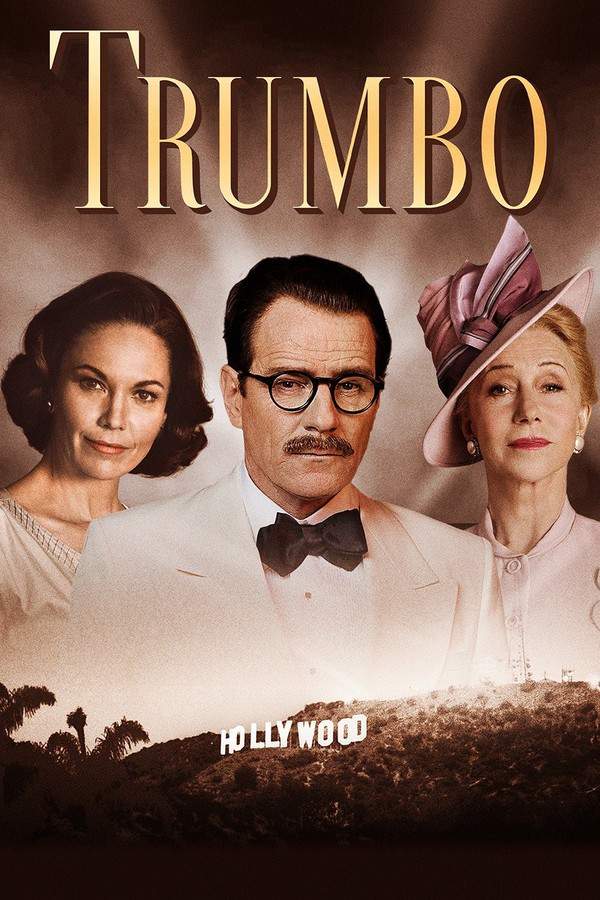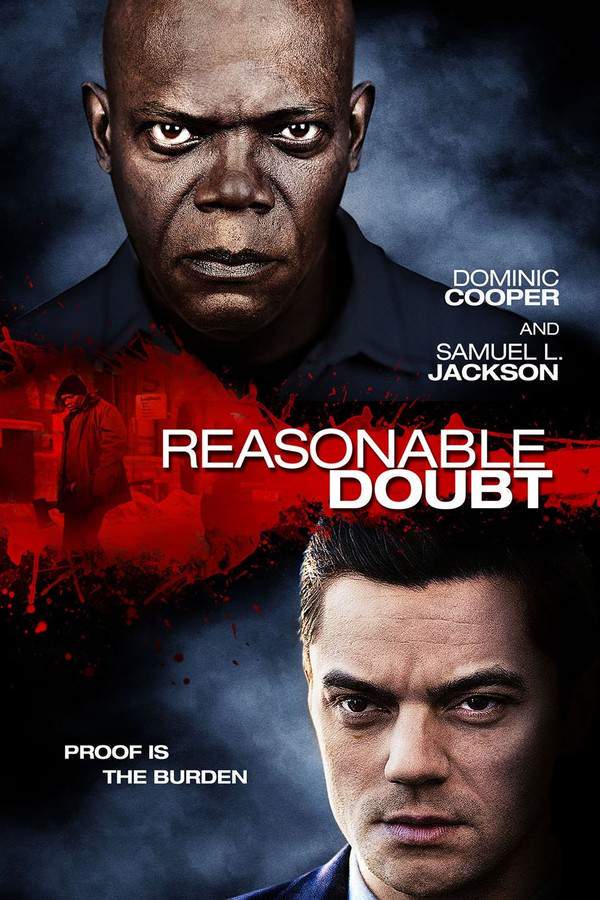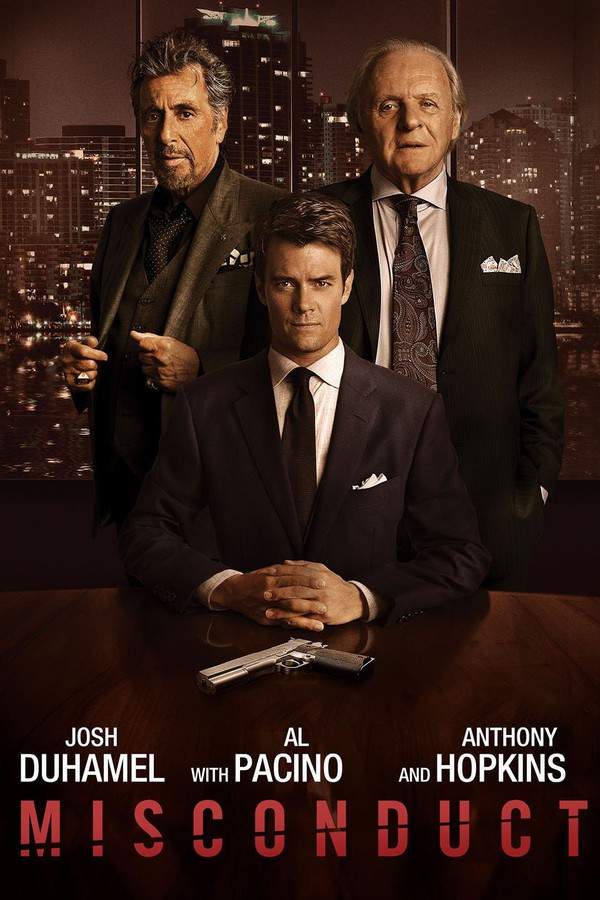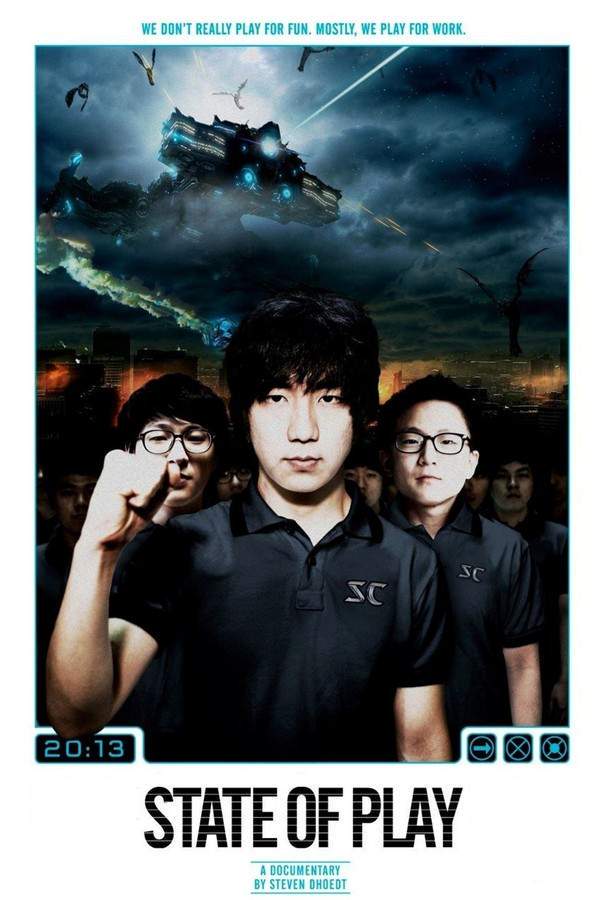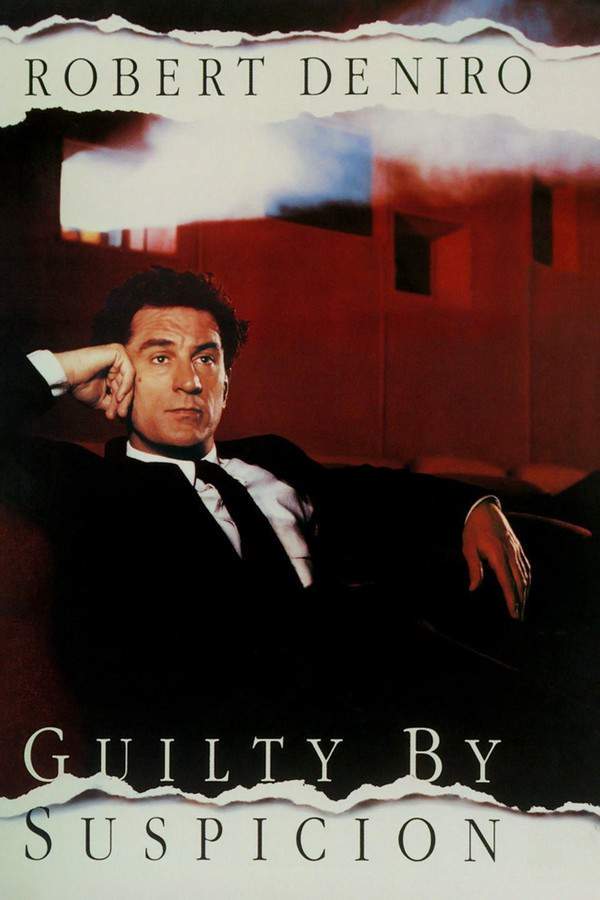
Guilty by Suspicion 1991
Directed by
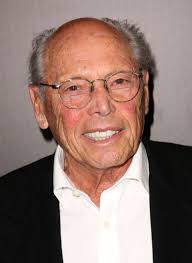
Irwin Winkler
Made by
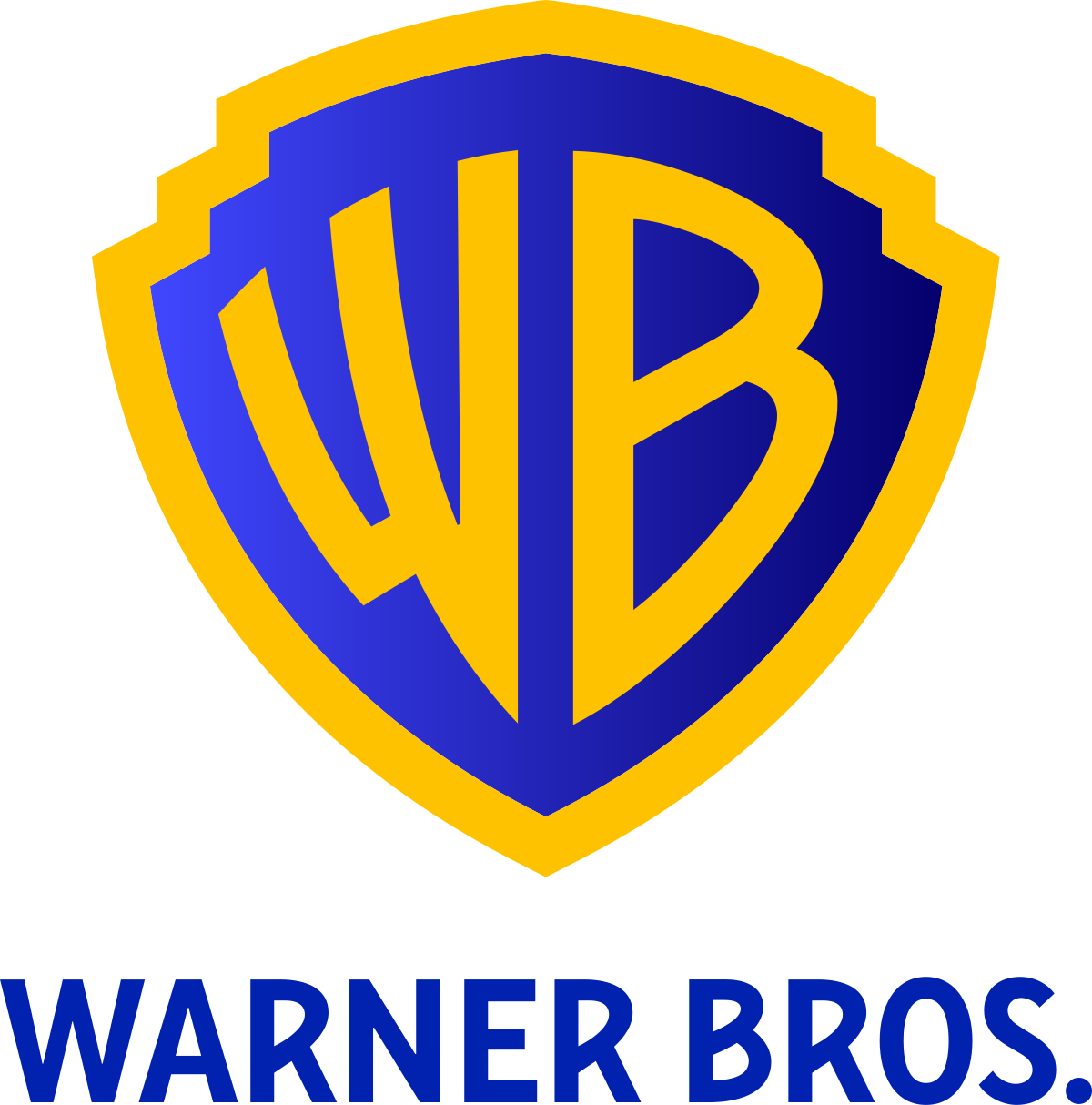
Warner Bros.
Guilty by Suspicion Plot Summary
Read the complete plot summary and ending explained for Guilty by Suspicion (1991). From turning points to emotional moments, uncover what really happened and why it matters.
David Merrill, a prominent director in the 1950s Hollywood scene, finds himself in a tumultuous environment upon returning from a film scout abroad. The escalating McCarthyism and the Red Scare have instigated significant chaos among his peers in the film industry. As the treachery unfolds, his friend Larry Nolan is compelled to name names. Under the pressure of the FBI and the Congressional Oversight Committee, Nolan identifies various individuals, including Merrill, as potential supporters of communism. Despite their minimal connections to the actual Communist Party, they face overwhelming coercion to distance themselves from leftist ideologies.
Hollywood executives, such as mogul Darryl Zanuck, urge directors and staff to renounce any affiliations with communism and to participate in dubious congressional hearings, often requiring them to name colleagues as communist agents. Amidst this darkened climate, Merrill is confronted by Felix Graff, a legal consultant in Hollywood. He is coerced into cooperating with the FBI by naming four individuals, including his childhood friend and screenwriter Bunny Baxter, as alleged communists. The ultimatum is stark: comply or face ostracism from the industry.
Choosing integrity, Merrill finds himself blacklisted and stripped of his assets, leading him to struggle financially and emotionally. He faces challenges in providing for his ex-wife Ruth and their child as he seeks to make his way in New York City. While he initially receives a warm welcome from former colleagues, an eerie realization dawns—his ties to Hollywood are too frail, and he is gradually abandoned by the very individuals he once trusted.
With nowhere left to turn, Merrill returns to Los Angeles, hoping to revive his relationship with Ruth. Despite her having moved on and sold her home to restart her teaching career, their bond strengthens as he becomes more involved in his son’s life. Meanwhile, Dorothy Nolan, Larry’s troubled estranged wife, suffers a severe mental breakdown after losing custody of her child due to refusing to cooperate with the FBI. Her despair culminates in a tragic decision that ends her life.
In a twist of fate, Merrill receives an unexpected call from a B-movie director seeking his expertise to salvage a failing Western project. Just as success seems attainable, the director decides to exclude him, once again stalling Merrill’s hopes. Additionally, Bunny strives to navigate his own perilous situation, having previously attended leftist rallies without disclosing this to authorities. Threatened with imprisonment for perjury, Bunny turns to Merrill, pleading to take the fall to save himself, only to face rejection from Ruth.
Amidst the rising tensions, Merrill decides to reach out to Zanuck’s attorney, Graff, who persuades him that redemption hinges upon compliance during an upcoming congressional hearing. Ultimately, however, during the proceedings, under intense scrutiny from the committee, he upholds his refusal to implicate others, leading to a heated confrontation. Consequently, he is cited for contempt of Congress, resulting in severe repercussions for his peers. As he exits, Bunny steps forward to face the committee, mirroring Merrill’s stance by likewise refusing to betray his colleagues.
Guilty by Suspicion Timeline
Follow the complete movie timeline of Guilty by Suspicion (1991) with every major event in chronological order. Great for understanding complex plots and story progression.
David's Return to Hollywood
David Merrill, a successful director, returns from a film-location scouting trip abroad in the early 1950s. He arrives back in Hollywood to find the film industry shaken by McCarthyism and the Red Scare, which has begun to threaten his colleagues and friends.
Larry Nolan's Naming
Larry Nolan, a close friend of David, is pressured by the FBI to name individuals in Hollywood suspected of communist affiliations. In a moment of desperation, he names several colleagues, including David, as potential collaborators with the Communist Party.
Hollywood's Pressure
Hollywood executives, including mogul Darryl Zanuck, face immense pressure to protect their studios. They urge directors and staff to publicly disavow communism and to cooperate with congressional hearings or risk losing their careers entirely.
David's Blacklisting
Under duress, David is confronted by Felix Graff, a Hollywood legal consultant, who insists he provide names of supposed communists to the FBI. David's refusal leads to his immediate blacklisting from Hollywood, resulting in financial ruin as he loses his assets.
David's Move to New York
Trying to rebuild his life, David moves to New York City in hopes of finding work and support among old colleagues. Despite initial goodwill, he soon realizes that former allies, influenced by the FBI pressure, abandon him once again.
Return to Los Angeles
Struggling to make ends meet and facing isolation, David retreats back to Los Angeles. He rekindles his relationship with his ex-wife Ruth, who has started a new teaching career, and begins to play a more active role in his son's life.
Dorothy's Breakdown
Meanwhile, Dorothy Nolan, Larry's estranged wife, faces severe emotional distress due to her refusal to cooperate with the FBI. Losing custody of her son exacerbates her condition, leading her to a tragic decision to end her life by driving off a cliff.
The B-Movie Opportunity
David gets a glimmer of hope when a B-movie director reaches out, seeking his expertise to save a failing Western film. He begins to make creative improvements until the studio finds an excuse to have him removed from the project.
Bunny's Dilemma
Bunny Baxter, a screenwriter and childhood friend of David, faces a perilous situation as his past involvement in communist rallies comes to light. He pleads with David to sacrifice his name to protect himself from perjury charges but is ultimately rejected by Ruth.
Meeting with Zanuck's Lawyer
In a moment of desperation, David contacts Graff again at Zanuck's behest to discuss potentially naming other Hollywood figures involved with communism. Facing mounting pressure, David appears to concede to the congressional demands in hopes of reviving his career.
The Congressional Hearing
During the tense congressional hearing, David shocks the committee by refusing to name anyone but himself, despite intense opposition from the members. This act of defiance leads to a contempt citation against him and legal repercussions for other Hollywood associates.
Bunny's Stand at the Hearing
As David leaves the witness stand following his confrontation, Bunny Baxter takes his place at the committee hearing. In a continuation of defiance, Bunny refuses to cooperate and name his colleagues, echoing David's earlier stance.
Guilty by Suspicion Characters
Explore all characters from Guilty by Suspicion (1991). Get detailed profiles with their roles, arcs, and key relationships explained.
David Merrill (Robert De Niro)
David Merrill is a once-successful director whose world crumbles amid the political pressures of McCarthyism. His character embodies resilience as he navigates the consequences of refusing to betray his friends while maintaining a desire to reconstruct his family life. Merrill's journey is a poignant reflection of the struggle for integrity in the face of systemic oppression.
Larry Nolan (Chris Cooper)
Larry Nolan serves as a tragic figure caught in the crossfire of political pressures, forced to name names to save himself. His inner conflict illustrates the moral dilemmas faced by individuals in a threatening environment, showcasing the cost of survival versus loyalty to friends. Larry's decisions reflect the intense struggles of integrity under pressure.
Ruth Merrill (Annette Bening)
Ruth Merrill is a formidable character who balances her personal struggles with the impacts of her ex-husband's choices. As a supportive yet conflicted partner, she represents the emotional toll that political strife can take on relationships. Her character evolves from resentment to understanding, underscoring the complex dynamics of love and support in times of hardship.
Bunny Baxter (Ben Piazza)
Bunny Baxter's character is representative of the emotional turmoil experienced by many in Hollywood during this politically charged era. His desperation to navigate the accusations against him highlights the precarious nature of friendships in a time of fear. Bunny's plea for solidarity with Merrill adds depth to the narrative, showcasing the human costs of political persecution.
Guilty by Suspicion Settings
Learn where and when Guilty by Suspicion (1991) takes place. Explore the film’s settings, era, and how they shape the narrative.
Time period
1950s
The 1950s in America were marked by the Cold War and intense anti-communist sentiment fueled by figures like Senator Joseph McCarthy. This period saw many individuals in Hollywood facing accusations of communist sympathies, leading to blacklisting and a climate of fear in an industry built on creativity and expression. The societal and political pressures of the time profoundly affected personal relationships and careers.
Location
Hollywood, New York City, Washington, D.C.
Hollywood is known as the heart of the film industry, where stars are born and dreams are made, but it's also a place of political turmoil during the Red Scare. New York City serves as a contrasting backdrop, showcasing a vibrant theater scene but also a space filled with personal struggles and disillusionment. Washington, D.C. is portrayed as the political battleground where accusations and fear dictate the livelihoods of many in the entertainment realm.
Guilty by Suspicion Themes
Discover the main themes in Guilty by Suspicion (1991). Analyze the deeper meanings, emotional layers, and social commentary behind the film.
🔍
Surveillance
The theme of surveillance permeates the narrative, highlighting the invasive scrutiny under which Hollywood figures lived during the Red Scare. Characters are compelled to betray friends and face moral dilemmas as they navigate a world of paranoia and public judgment. This theme echoes the broader societal issues of trust and loyalty during politically charged times.
⚖️
Justice
Justice is a recurring concern, as characters grapple with legal and ethical dilemmas posed by the Congressional hearings. The quest for justice is complicated by the need for survival, leading characters to make harrowing choices that challenge their integrity. The film explores whether true justice can be served in a system driven by fear and pressure.
💔
Family Dynamics
The intricacies of family dynamics are front and center, as Merrill's struggles both separate him from and ultimately reconnect him with his ex-wife Ruth and son. Despite professional setbacks, their renewed relationships suggest that familial bonds can offer solace in tumultuous times. The film illustrates how personal crises can reshape family ties and highlight the importance of connection amidst chaos.
Movies with Similar Twists and Themes
Uncover films that echo the narrative beats, emotional arcs, or dramatic twists of the one you're exploring. These recommendations are handpicked based on story depth, thematic resonance, and spoiler-worthy moments — perfect for fans who crave more of the same intrigue.
Featured on this page

What's After the Movie?
Not sure whether to stay after the credits? Find out!
Explore Our Movie Platform
New Movie Releases (2025)
Famous Movie Actors
Top Film Production Studios
Movie Plot Summaries & Endings
Major Movie Awards & Winners
Best Concert Films & Music Documentaries
© 2025 What's After the Movie. All rights reserved.


